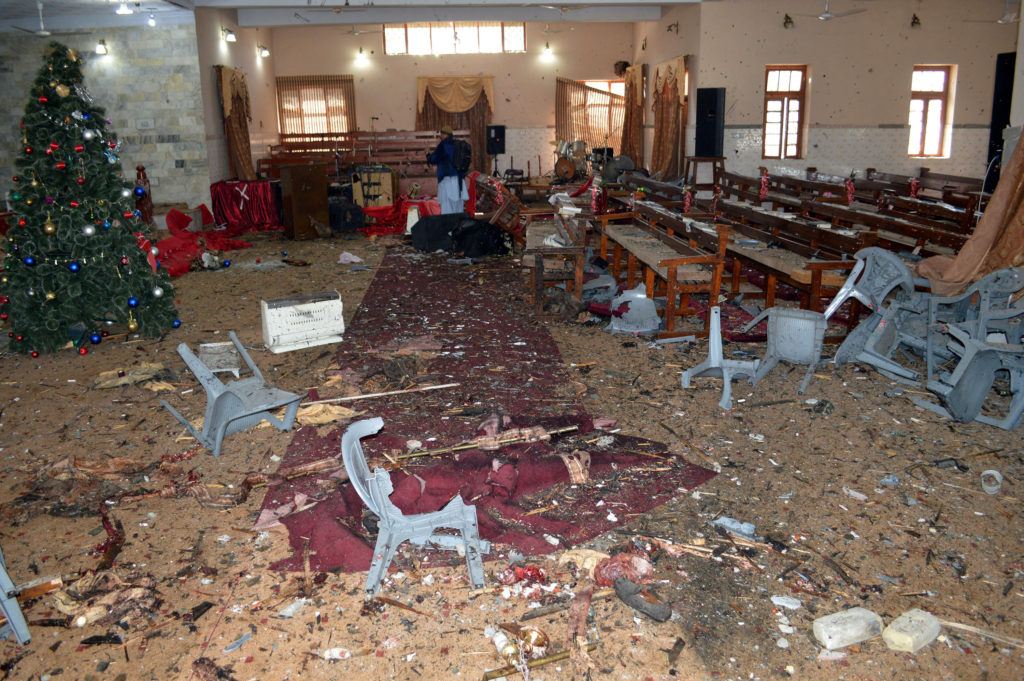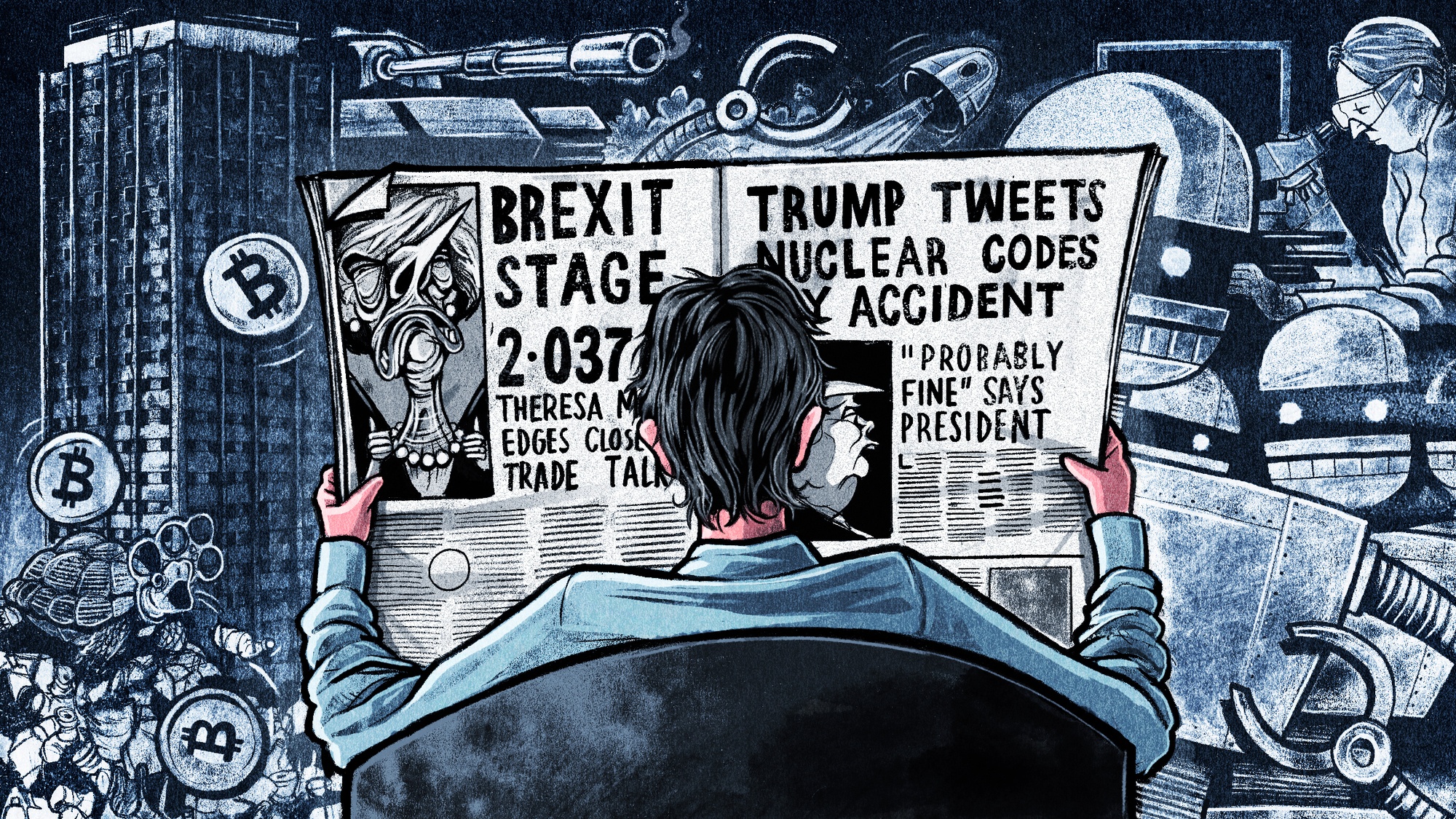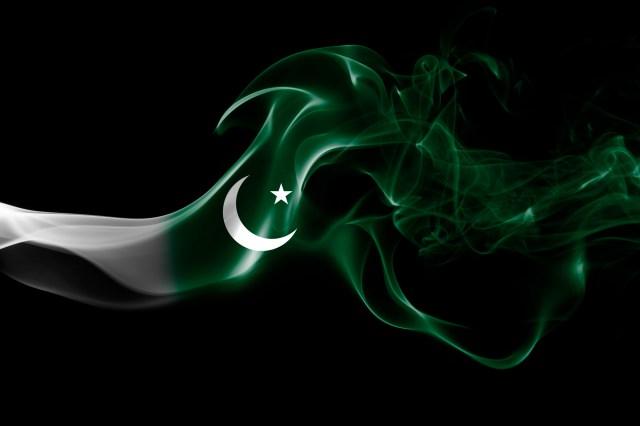Pakistan smoke flag

When the death-toll from communism comes up it is more often in the hope that people will remember the wretchedness of the experiment not in order for some other system to triumph but in order to prevent the communist experiment from being repeated. As I point out in the documentary there is plenty of evidence to suggest that the memory of communism outside the countries which it ravaged is disturbingly weak. Startlingly few young people even know of the central figures – Lenin, Mao, Pol Pot – let alone know any of the specifics of their crimes. Every day there are anecdotal examples of the attitudes that this inculcates. Just yesterday somebody told me of the reaction of bookshop worker in New York when they arrived at the till to purchase a copy of the latest biography of Lenin. The employee at the till apparently said, “Ah Lenin. I love Lenin.”
It remains inconceivable, even now, to imagine arriving at the till of a bookshop in America or Britain with a biography of General Franco or Adolf Hitler and for the worker to say, “Franco. I love Franco”. Let alone Hitler. If such a thing were said it would cause a sacking within minutes, be news within the hour and within the day would become the subject of endless opinion pieces talking about the incipient return of fascism. This then is the oddity of the crimes of communism. Not only that the crimes remain badly remembered, or misremembered, but that the potential lessons (such as ‘don’t try this again’) are dwindling. You don’t need to be seeking to diminish the crimes of fascism to get involved in the debate about the crimes of communism. You just need to have a desire to be honest about history and to learn its lessons. One way to do so is – as in this documentary – is to listen to the voices of those who are dying out but who saw the horrors of which the communist systems were capable.
We recognise that we owe such a duty to the victims of fascism. That is one reasons why the British government has committed itself to the erection of another Holocaust memorial in the centre of London alongside the Houses of Parliament. That monument is not only intended to pay tribute to the dead but also to inoculate the living. Though (as we argue in the documentary) there are people who would like to similarly memorialise the victims of communism in London[2. These and related organisations will be profiled on UnHerd next week as we run a series of features on “Communism’s Forgotten Victims“]. there is at present no similar political support for such a project. This is a great and growing shame. Of course Britain never suffered from the direct local effects of communism – but then the same can be said of fascism.
What we do recognise is that there is a virtue and purpose in remembering fascism. We need not become statisticians to recall the crimes of communism. Nor people trying to wage some ongoing political or cultural war. We need simply to be human beings, who wish to pay honest tribute to the sufferings of the past and express an appropriate caution over some of those solutions being suggested for our collective future.

Last month Pakistan once again came very close to an Islamist revolution. Considering the stakes this received extraordinarily scant international attention. The country’s law minister, Zahid Hamid, was forced to resign after nationwide protests against a miniscule proposed change to the electoral oath. Hardline clerics claimed that the change was a sop to the persecuted Muslim minority Ahmadiyya community and thus blasphemous to Islam. So they encouraged their supporters out onto the streets. There were clashes with the army, who shot a number of protestors. With supporters of the hardline clerics bussed into city centres and vital parts of the country’s road-system, the internet and phone networks were shut down by the government in a successful effort to stop the protests from spreading. But the hardline clerics who threatened fatwas against the law minister got their way without even needing to issue any fatwas. These extremists are never more than one incident away from acquiring genocidal nuclear weaponry.
A further problem for a country like Britain is that none of this is even just foreign affairs. British people of Pakistani origin or Pakistani descent form the second-largest ethnic group in Britain after British people of Indian descent. Up to three-quarters of the terrorist threat in the UK in recent years has derived from Pakistan. So the global is also the local. Yet it often seems as though very few people have any interest in either.
> Introduction to our Under-reported series.










Join the discussion
Join like minded readers that support our journalism by becoming a paid subscriber
To join the discussion in the comments, become a paid subscriber.
Join like minded readers that support our journalism, read unlimited articles and enjoy other subscriber-only benefits.
Subscribe